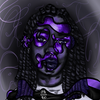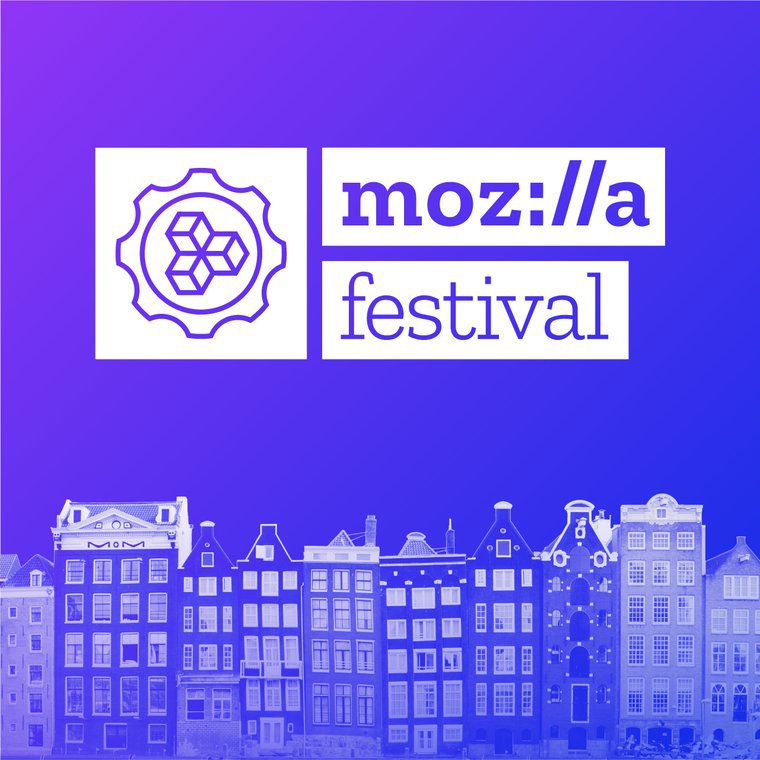
I have this one stuffed animal, a smiling octopus. It has an embroidered smile and pink skin on one side, and an embroidered frown and blue skin on the other. I use the different faces around my loved ones to communicate when I am mute. My octopus represents moments of overwhelm, where verbalising the depth and complexity of my thoughts is difficult. Truthfully, I have had many virtual workplace experiences where I have longed for that octopus. To have it present in a meeting, saying not a word but speaking volumes. Validating and empowering me to own my authenticity, presence and involvement in a group no matter what form it takes. And most importantly, creating with me.
Learning to function virtually means navigating new ways of working, presenting, masking, coping, emoting, and more which is imperative for peaceful survival. The Mozilla Festival (MozFest) is coming up. As a large virtual gathering, it is a phenomenal ecosystem housing several ways of knowing and being. But, it can also be a turbulent and overwhelming experience for many of us as we balance excitement with the thought of being in large virtual gatherings. The same virtual gatherings which can be socially taxing and require a specific performance of the self. As a neurodivergent person, I often struggle to find peace and validity in such spaces. There is a daunting weight seeping from the pressure to verbalise for engagement as that is one of the only ways my thoughts may be appreciated.
I’ve been thinking about embracing new modes and dimensions of participating, and there is an opportunity to diverge from strict repressive ways of being in a workspace or event environment.
A co-dreamer and I have been contemplating expressions stretching far beyond spoken thought. What if we embraced this thought flow and allowed ourselves the room to play with non-verbal collaboration and creativity as tools?
To create space for people to simply be, we must separate ourselves from the idea that to speak (verbalise) is the only way to be heard. Going back to the octopus, we all need grounding. A way to help ground ourselves and others is to encourage the indication of the scope of our participation and involvement in a space. Provide or introduce the use of simple and quick tools like keys, images and symbols, that people can use to tell you how they are showing up in a conversation without needing to be spotlighted. Emojis are a personal favourite. Throw some sparkle emojis in your short bio or session intro to let people know how you are showing up and the best ways to interact with an authentic you.
Creativity is a way of knowing, understanding and sharing. Using creativity to pave the way for thought, conversation and learning is another useful tool. Broad, I know. The exploration I am introducing is art as conversation. Knowing and thinking through the creation of art, visualisation, embodied movement, sound, performance, is stepping away into dimensions of creativity - and creating collaboratively is embracing new modes and dimensions of session participation. There is an endless list of examples I could give you for how to use creativity to practice, share, know and learn but setting this tone and enabling people to transport away from a screen and into creative movement is a wonder.
It is a couple years into our transition to virtual normalcy. Which is why it’s about time we create new pathways to participate in the virtual world, and be conscious about creating this trust and safety, and accessible spaces for all. Non-verbal and creative collaboration is just as important as traditional spoken conversation and has a place in developing monumental and impactful work.
MozFest is part art, tech and society convening, part maker festival, and the premiere gathering for activists in diverse global movements fighting for a more humane digital world. To learn more, visit www.mozillafestival.org.
Sign up for the MozFest newsletter here to stay up to date on the latest festival and internet health movement news.
Tyler Munyua
Tyler Munyua is a creative and activist with a background in law and an interest in how art, law and tech intersect. Tyler is also the Wrangler Program Assistant on the MozFest Team.






